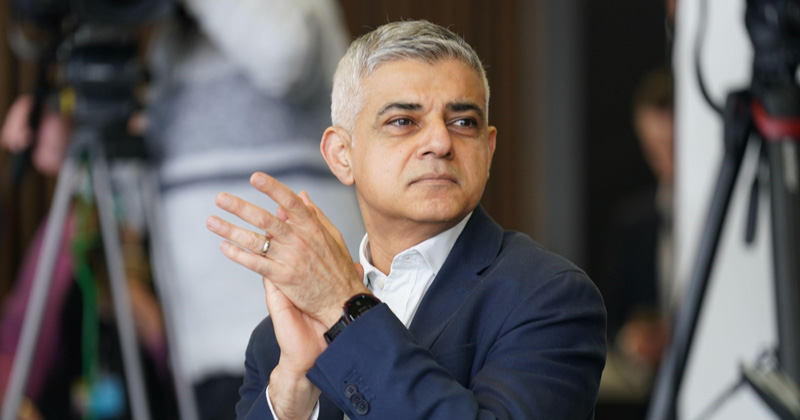An independent evaluation commissioned by the Education Endowment Foundation will investigate whether rolling out free school meals to all primary pupils in London boosts exam results, attendance and wellbeing.
The Mayor of London Sadiq Khan announced £130 million funding to extend universal eligibility for free meals to 227,000 pupils in years 3 to 6 from September. It will run for one year and is funded by additional business rates income.
Professor Becky Francis, EEF chief executive, said the regional roll-out “presents an exciting opportunity for us to explore the wider benefits of universal free school meal provision”.
EEF’s findings would inform future national and regional policy, they added. It comes amid growing calls from campaign groups to widen the national free school meals policy.
While focusing on attainment, the study will also aim to measure the impact on pupil attendance, wellbeing, engagement, concentration and behaviour.
Previous findings ‘have been mixed’
The EEF said international evidence “supports a connection” between increased take-up of free school meals and a range of effects on pupil health and outcomes, but “findings have often been mixed”.
In the UK, a 2012 study found a universal entitlement pilot in three council areas “led to a statistically significant increase in attainment for primary school pupils equal to around two months of additional progress, with a tendency for results to be strongest for pupils from less affluent families,” EEF said.
But they added there was “little evidence” of impact on pupils within the extended entitlement pilot “even amongst those who were predicted to be newly entitled to free school meals”.
An EEF evaluation of a free breakfast clubs programme in England found key stage 1 pupils made an average of two months’ additional progress, but no impact on attainment at key stage 2.
The EEF is inviting proposals for the new study from research teams “confident in leading quasi-experimental evaluations of large-scale policy initiatives” to lead the evaluation.
They hope to appoint a team in June. There is no set budget at this stage, with proposals instead to be evaluated on their value-for-money and design.
‘Hugely significant’
One issue already flagged by the EEF is how the study would create a comparison group that matches London’s “unique” composition of pupils. The ethnicity and first language characteristics of pupils, alongside their attendance and attainment, differs markedly to other regions.
Francis said: “The initiative announced by the Mayor of London is hugely significant for families struggling with poverty and the increasing cost of living.
“We look forward to learning more and building our collective understanding through our forthcoming independent evaluation.”
Alongside the EEF commission, the Greater London Authority will run an impact assessment to identify the potential impacts of the policy.
The London roll-out is estimated to save families £440 per child.
Five London councils – Newham, Islington, Southwark, Tower Hamlets and Westminster – already offer universal free school meals.
However the scheme may cause more cost pressures for schools.
Schools Week analysis found London schools could face having to plug a £39 million shortfall in funding, as the true cost of providing a free meal for a school is higher than the funding on offer.
City Hall told Schools Week it would work “closely” with schools to “ensure” they are not left out of pocket, but has not said how it would do so, or if further money would be made available.
















Your thoughts